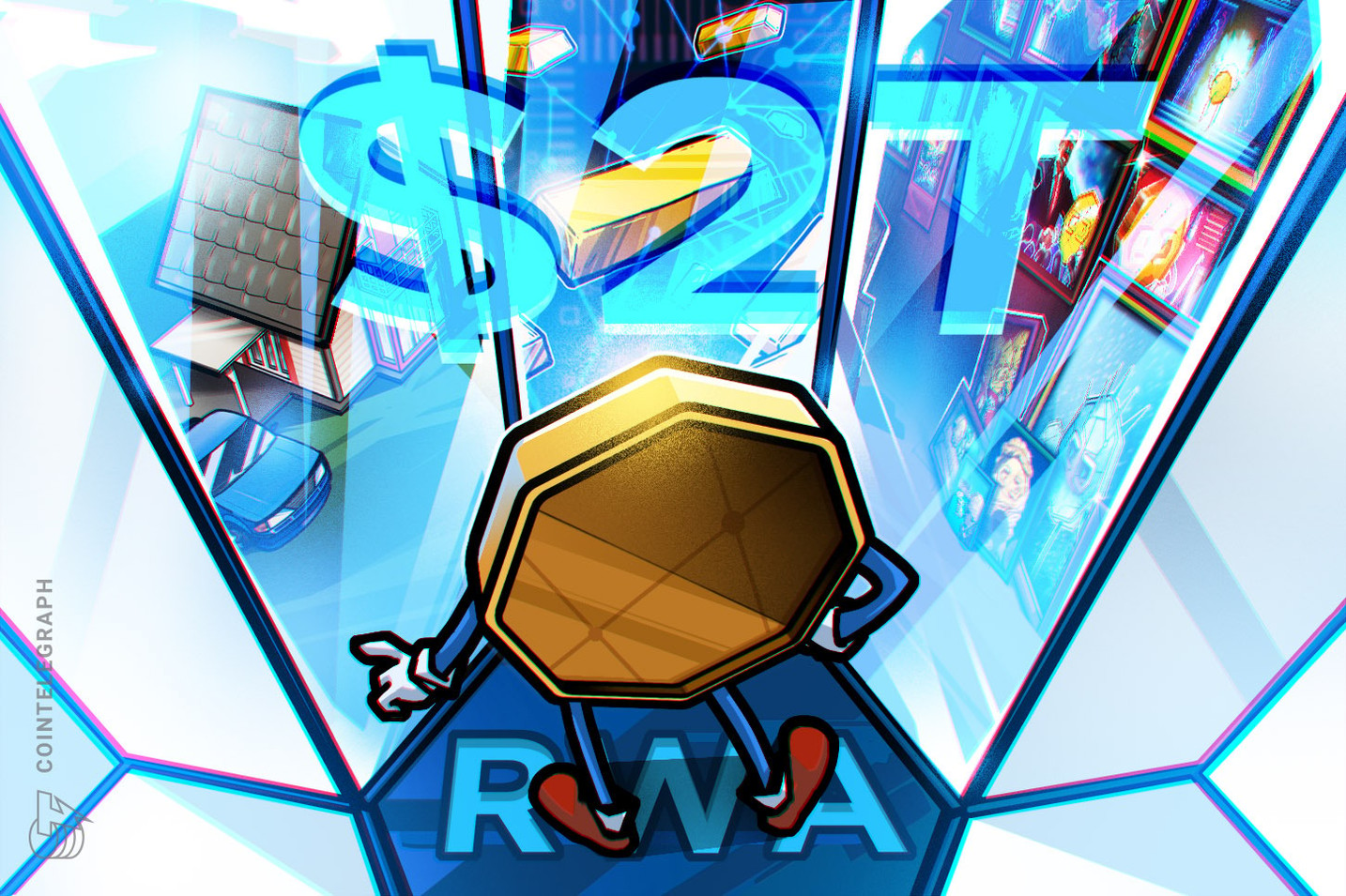
Standard Chartered Predicts Tokenized Real-World Assets Could Reach $2 Trillion by 2028
A report from Standard Chartered suggests that tokenized real-world assets will see significant growth fueled by the evolving decentralized finance landscape.
Tokenized real-world assets (RWAs) could reach a total valuation of $2 trillion within the next three years, as more global investments transition to blockchain platforms that offer improved efficiency, according to a report from Standard Chartered.
In a report released on Thursday, the bank shared insights that the “trustless” nature of decentralized finance (DeFi) is likely to challenge the traditional financial systems governed by centralized parties.
Standard Chartered forecasts that the growth of DeFi in transactions and investments might elevate the market value of non-stablecoin tokenized RWAs to $2 trillion by 2028. The projections indicate that:
- $750 billion will likely flow into money-market funds
- $750 billion is expected to be invested in tokenized U.S. stocks
- $250 billion is anticipated for tokenized U.S. funds
- The remaining $250 billion will likely enter segments of private equity, such as commodities, corporate debt, and tokenized real estate.
:::quote
“We expect exponential growth in RWAs in the coming years.”
— Geoff Kendrick, Global Head of Digital Assets Research at Standard Chartered
:::
Achieving a $2 trillion market cap would signify over a 57-fold increase in RWAs from their current cumulative value of $35 billion, based on data from RWA.xyz.
Stablecoins Fueling DeFi’s Growth Cycle
The overall supply of stablecoins reached a historic high of over $300 billion as of October 3, reflecting a 46.8% increase this year. Kendrick noted that the expansion of stablecoins reinforces the wider DeFi ecosystem.
“In DeFi, liquidity begets new products, and new products beget new liquidity,” he stated.
While optimism in the market is visible, Standard Chartered cautioned that regulatory ambiguities pose significant risks to the RWA sector. The report warns that progress might halt if comprehensive cryptocurrency regulations are not established before the 2026 midterms.



